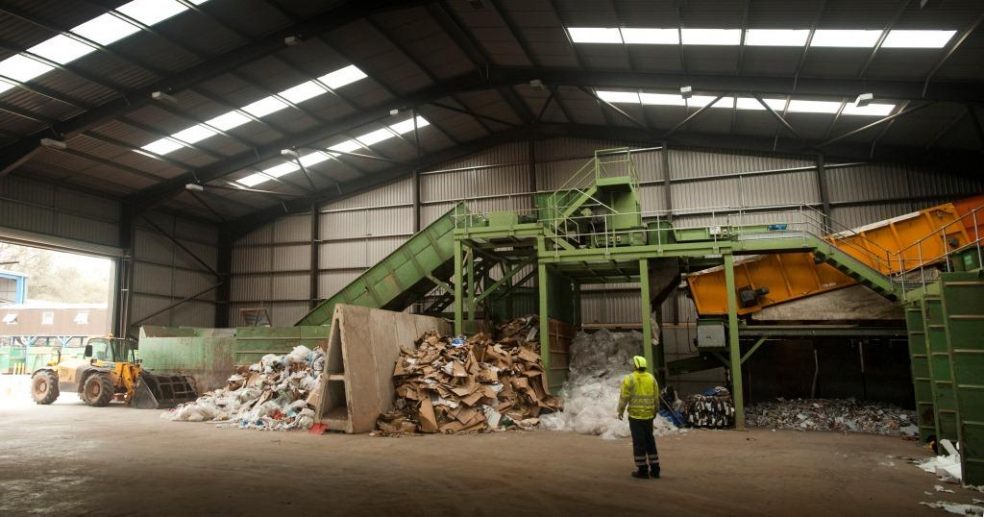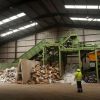
Concerns over rough sleepers in wheelie bins
As the cold weather is set to continue, many homeless people are putting themselves at risk of injury and even death by sleeping in waste containers, according to recycling specialists, Coastal Recycling.
Many rough sleepers are seeking shelter from the harsh weather conditions and see wheelie bins as a safer place to sleep than on the street. In addition, bins present a comfortable refuge to people under the influence of drink and drugs.
Unfortunately accidents can occur if the sleeper hasn’t been spotted in advance. Each bin is lifted six metres high before being tipped into the refuse truck and the entire contents is crushed.
Coastal Recycling say we must all be vigilant to minimise the amount of incidents that occur. Health and Safety Manager, Stephen Wright said: "People sleeping in wheelie bins take their life into their hands with the harrowing potential of a fatal accident, so we need to take precautions to minimise this risk.
"We train our drivers to routinely inspect for signs of life both in and around the bins before tipping them into the truck. Even a bottle of alcohol or a blanket could be a clue to someone taking shelter in the bin.
"However, it can be impossible to spot someone buried under layers of cardboard and other recyclables. Ultimately, the only sure-fire way to minimise these incidents is to reduce the number of people sleeping rough."
While the waste management industry has a role to play in preventing these incidents, businesses also have a duty of care to safeguard wheelie bins from the public.
They are responsible for ensuring that their containers are secure and not so overfilled with recyclables that the lid remains open.
According to the Department for Communities and Local Government’s snapshot report in autumn 2015, there were 27 rough sleepers in Exeter, doubling Plymouth’s figures.
Nationally, there has been a 30% increase overall, with 3,569 people were sleeping on the streets in autumn 2015, compared to 2,744 the year before.
Chief Executive of YMCA Exeter, Peter Stephenson said: "Very few people make a conscious decision to sleep rough, indeed it's a sobering thought that many of us are only a pay cheque or a relationship breakdown away from becoming homeless ourselves.
"Sadly, once a person ends up sleeping rough, ‘normal’ concerns about the risks of sleeping in bins takes second place to the urgent need to find shelter from the elements.
"So I applaud the compassionate and careful approach taken by Coastal Recycling to reduce the risk of harm to people sheltering in their bins. But ultimately the issue isn't about people sleeping in bins; the problem lies with us collectively as a wealthy society choosing to accept that it's OK for people to feel they have no other option but to sleep rough."
Most people have been discovered in 1,110 litre commercial recycling bins, such as cardboard and paper, with a spike in incidents expected during the colder months.
Coastal Recycling driver, Jason Edwards has witnessed rough sleepers while collecting wheelie bins: "Moving people out of the bins can prove problematic, so we tend to offer the incentive of a hot drink in exchange for leaving the bin. It’s always a worry that I tip a bin with someone still inside."



















